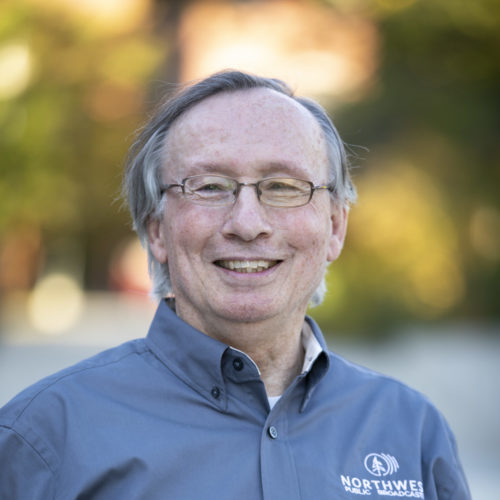Music & Culture
Classical Music Posts
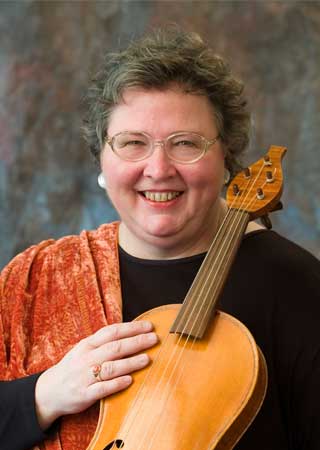
Women’s History Music Moment: Margriet Tindemans
Maestra Margriet Tindemans made history as a performer of early music. The Pacific Northwest was her home for the final three decades of her influential career, but she started as a child violinist in a 1950s European youth orchestra. Born in the Netherlands, Tindemans developed mastery on all manner of medieval, renaissance and baroque string instruments, adding her authoritative performances to early-music ensembles worldwide. When a concert tour brought her to Seattle in 1986, she fell in love, decided to stay, and began her historic impact on the musical life of the Pacific Northwest.
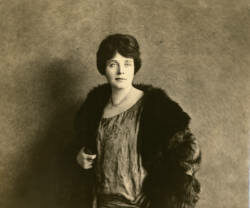
Women’s History Music Moment: Mary Davenport-Engberg
Mary Cornwall was born in a covered wagon in 1881, as her parents made their way from California to the Washington Territory. The family settled in Spokane, and young Mary impressed her music teachers right from the start. When her mother died, the Davenport family adopted her and moved to Bellingham.
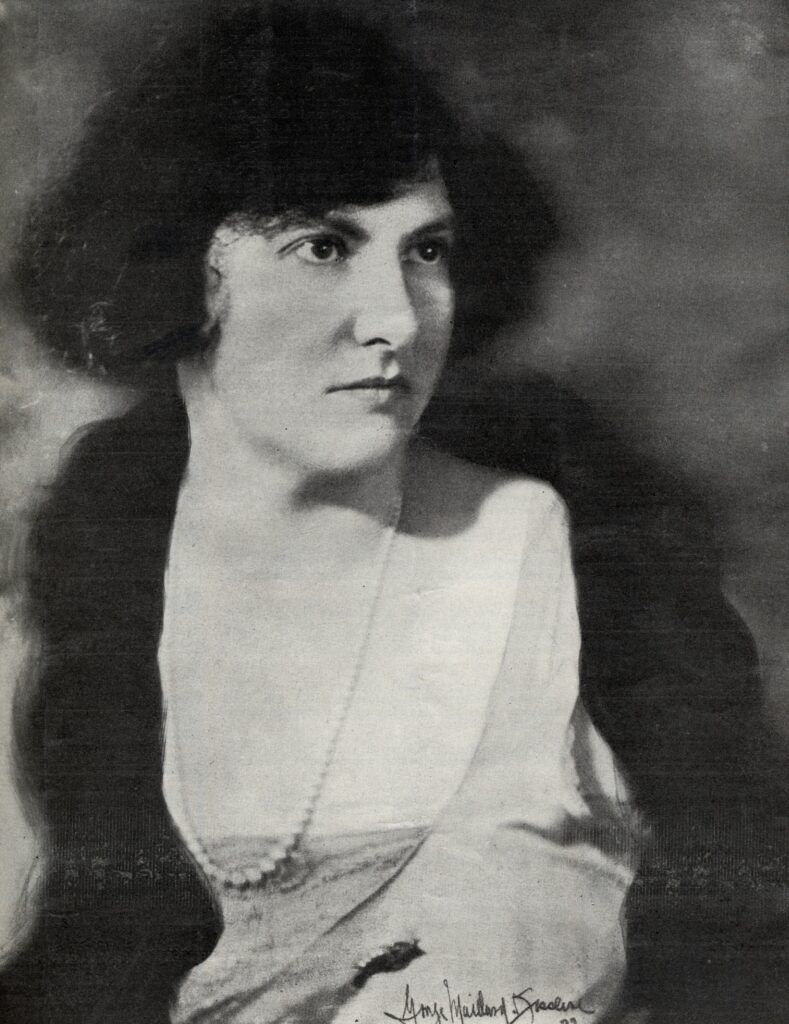
Women’s History Music Moment: Marion and Emilie Frances Bauer
Once upon a time in Walla Walla—it was the late 1880s—a little girl named Marion sat on a piano bench, watching and learning music skills from her older sister, Emilie Frances. Seventeen years apart in age, the Bauer sisters would eventually move to New York City, where each in her own way would help shape American music history.
Their first music teacher was their mother, Julia Heymann Bauer, who taught languages at Whitman College. A Whitman College professor of our time, the violinist Susan Pickett, wrote the book Marion and Emilie Frances Bauer: From the Wild West to American Musical Modernism. Marion would study for a while in Paris, becoming the first American student of the legendary Nadia Boulanger.
Emilie Frances Bauer and Marion Bauer made music history by writing, composing and teaching. Learn more about the Bauer sisters on the Fort Walla Walla website: Look among the Museum After Hours posts at fwwm.org.
A Women’s History Month Northwest Music Moment, on NWPB Classical.

Women’s History Music Moment: Sarah Ioannides
Symphony Tacoma’s Sarah Ioannides is making history. Her Arrival in Tacoma in 2014 as the orchestra’s first woman music director brought Symphony Tacoma into what its calling “the era of Sarah.”
Her energetic work on and off the podium has powered Symphony Tacoma into partnerships and performances expanding access to students and audiences beyond the historic Pantages theater, even before the pandemic made online concerts a regular part of life. Find out more about Symphony2U, Mini Maestros and SimplySymphonic and about the history making career of maestra Sarah Ioannides at SymphonyTacoma.ORG

With Her Recording Series ‘Rising Sun,’ Lara Downes Re-Centers Black Composers
Lara Downes will release a mini-album every month, for as long as she can keep it up, to highlight overlooked and forgotten compositions by Black artists in the classical music tradition. In honor of Women’s History Month, its latest entry focuses on some overlooked and under-appreciated bodies of work by women composers and performers.
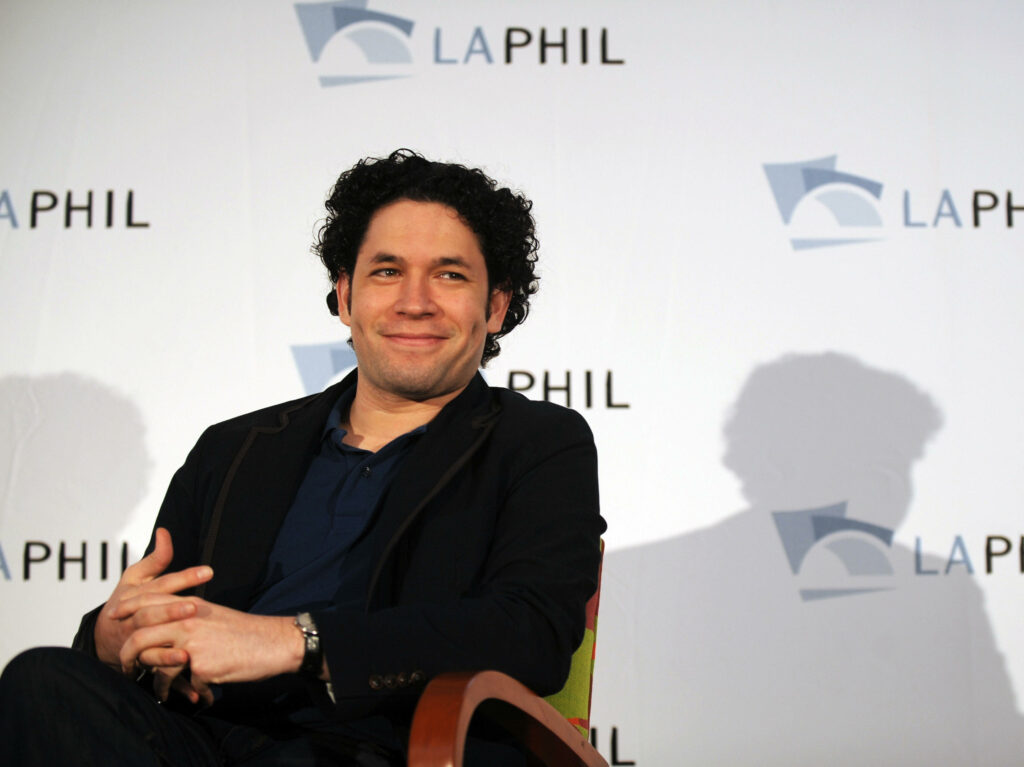
Gustavo Dudamel And L.A. Philharmonic Reunite For Socially Distanced Virtual Concert Series
The concerts the LA Phil recorded last summer and fall are featured on the Sound/Stage series, which streams on its website. The first season opened with an episode called “Love in the Time of COVID,” complete with overhead shots of the lonely Hollywood Bowl and Los Angeles, and a reading of a Pablo Neruda poem.


